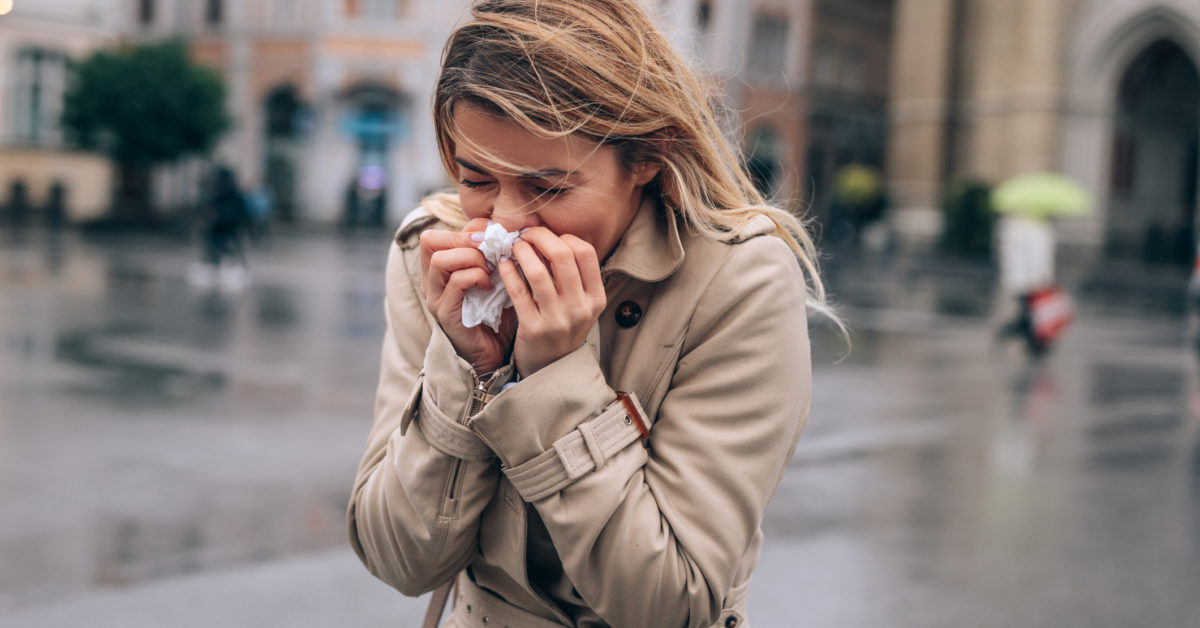As we move from a colder winter to a warmer spring, the outcome of the COVID-19 pandemic may significantly depend on levels of humidity — indoors and outdoors — a new review suggests.
Prof. Akiko Iwasaki, an immunobiologist at Yale University, in New Haven, CT, is the senior author of the paper, which appears in the Annual Review of Virology.
As Prof. Iwasaki and the co-authors note, seasonal cycles are known to play a crucial role in the transmission of respiratory viral illnesses.
The common cold and flu reach epidemic proportions during winter. The key outbreaks of SARS-CoV-1 and SARS-CoV-2 — the viruses that cause SARS and COVID-19, respectively — have also occurred in the winter.
Stay informed with live updates on the current COVID-19 outbreak and visit our coronavirus hub for more advice on prevention and treatment.
The link between viral outbreak and the season has been the topic of much research. According to the authors of the new review, the two main factors that contribute to the connection are the “changes in environmental parameters and human behavior.”
Specifically, differences in temperature and humidity affect how stable and transmissible viruses are. For instance, some data reviewed in the new paper suggest that cold, dry, unventilated air may contribute to the transmission of influenza in the winter.
“Ninety percent of our lives in the developed world are spent indoors in close proximity to each other. […] What has not been talked about is the relationship of temp

